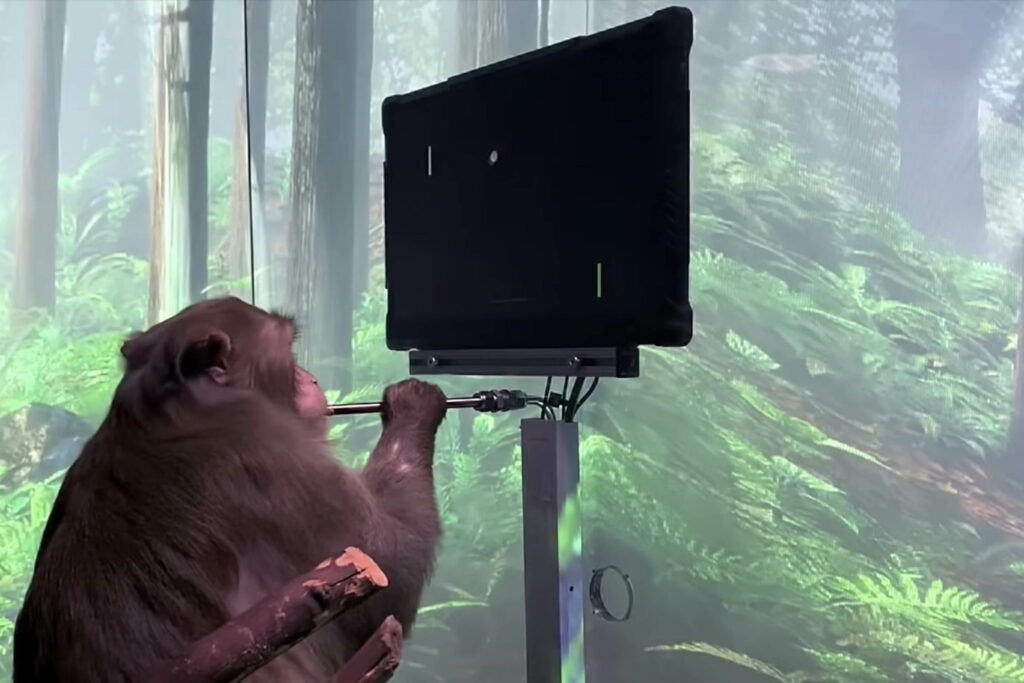Altered perceptions: Mark Zuckerberg has rebranded Facebook’s parent company as Meta
It is possible that every generation throughout history feels as though the difficulties of their time are greater and more intense than those of any previous era.
From the struggles of empires to world wars to our current predicament, the individual and shared sentiment of “humanity is sitting on the precipice of survival and impending doom” appears to recur.
Throughout the ages, little has changed, as unjust corporate and businesses squeeze citizens of life, unconscious governments and tyrannical global leaders play out war games with malevolent intent, and then there’s Mother Nature with her frequent reminders of how insignificant we are, despite our ill-earned arrogance.
Once again, we find ourselves on a precipice, battling our own advances as a society and a species, but for the first time in our history we have some shared definitions of reality, enabled through aggrandised technological developments.
The sentience of humans is manifesting differently from the other creatures on Earth, although the origins of human sentience, awareness and perception have yet to be agreed upon. These vary from the “stoned ape theory” of Homo sapiens’ predecessors eating psychedelic mushrooms to awaken a consciousness within to a mysterious God or gods who bestowed human beings with their unique abilities.
For centuries scientists, philosophers and sages have asked questions about what consciousness itself is; our history abounds with stories of people who have breached the finite perception of the physical senses and tasted realities beyond them, along with tales of deities, demons and angels.
As humans, it is our ability to communicate and use tools that allows us to leverage our unique visions into complex action. We have created skyscrapers and metal carriages that fly across oceans, yet the nature of our consciousness still remains unknown. The observer effect experiment showed that the process of observing a particle changes the way the particle behaves, suggesting that awareness itself is an independent aspect of nature.
It is only recently that science has been able to begin understanding a fraction of the workings of human consciousness, so the evolution of our tools may exceed our ability to maintain agency over their consequences.
 Elon Musk’s Neuralink company made headlines by claiming that a monkey was able to play the video game Pong through an implanted brain-chip device
Elon Musk’s Neuralink company made headlines by claiming that a monkey was able to play the video game Pong through an implanted brain-chip device
A new wave of brain-interference technology has begun to emerge, promising not only to interrupt brain functions, but also filter our perceptions of the reality we create. Recently, the Howard Hughes Medical Institute was able to implant a device in the brain of a 37-year-old paralysed man with the ability to translate his mental thoughts of handwriting into real-time text. Elon Musk’s Neuralink company also made headlines by claiming that a monkey was able to play the video game Pong through an implanted brain-chip device.
This approach is often driven by callous business interests: 15 of 23 monkeys died during the experiments, yet Musk’s business denied any cruelty to animals.
The day when you can open your car door with your Bluetooth brain-chip may not be far off, but there are still valid concerns about allowing physically invasive technology to mediate our worldview, when profit motives are prioritised far above animals — and humans.
The pharmaceutical industry also has aspirations to profit from the consciousness industry. Fresh off its record-breaking profits from an opioid-marketing drive that left millions afflicted by addiction, the industry posted even better financial results through its Covid-19 vaccine roll-out, and now has its sights set on altering and inducing states of consciousness and perception with psychedelic drug treatment.
As trust in institutions declines globally, the re-engineering of the human psyche and accessing its unconscious aspects may be spearheaded by an industry with a proven track record of self-interest.
Our complex, organic shared understanding of reality is already being heavily influenced by digitisation and the metaverse, from Cambridge Analytica and the social-engineering campaigns that skewed voter perception during the Brexit campaign, to the “burying” of Hunter Biden’s laptop.
We now have the phenomenon known as “social displacement”; people would rather spend more time on social media sites than be face-to-face with humans. The metaverse promises to immerse us in a digital reality, curating information, product branding and offerings, education and other monetisable worldviews, substituting one’s experience of life for a fabricated existence online.
Once again, the keys to perception of our “reality” are being handed to an industry with a record of choosing self-serving financial interests over the health and wellbeing of citizens.
The fourth industrial revolution seems hellbent on hacking the perceived reality of humans and installing a monetised algorithm under the guise of a more pleasurable user experience. For some, perhaps the shift towards artificial intelligence making decisions for you could be the right choice. But how would you even know if it were your choice?
Consciousness itself is not a product of the brain, but a fundamental element of nature and, as our generation moves towards integration with technology, the hacking of the human consciousness is being driven without sufficient understanding of what consciousness itself is. As we marvel at the technology that regulates our lives — a technology permeated with political, religious and individual ideologies — we once again stand on a precipice as humanity. We’re on the verge between becoming digital iterations of ourselves and existing as we are in nature, and at the edge of hacking the human from the external and the eternal.